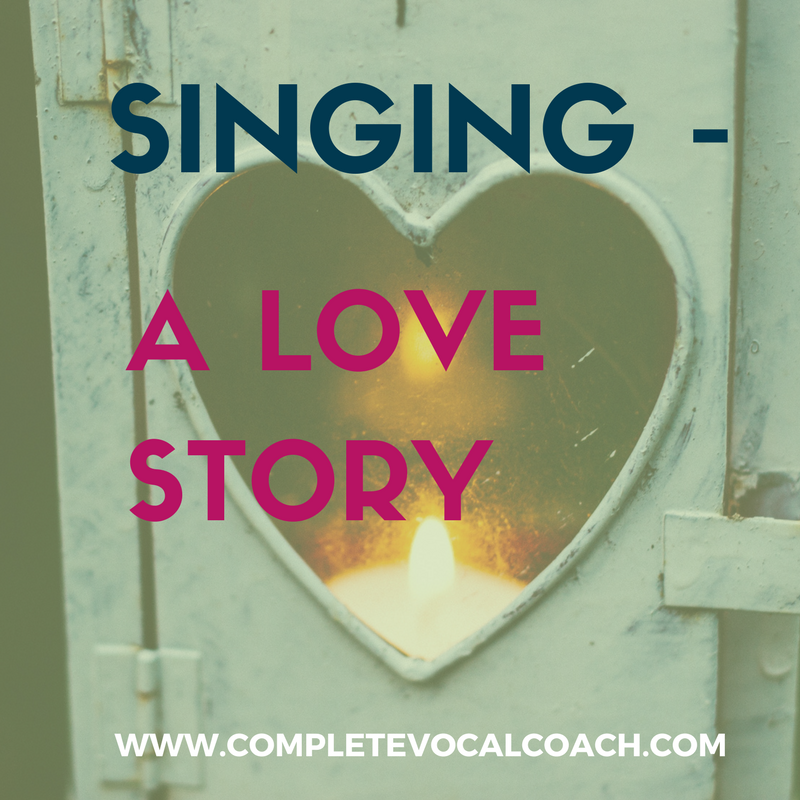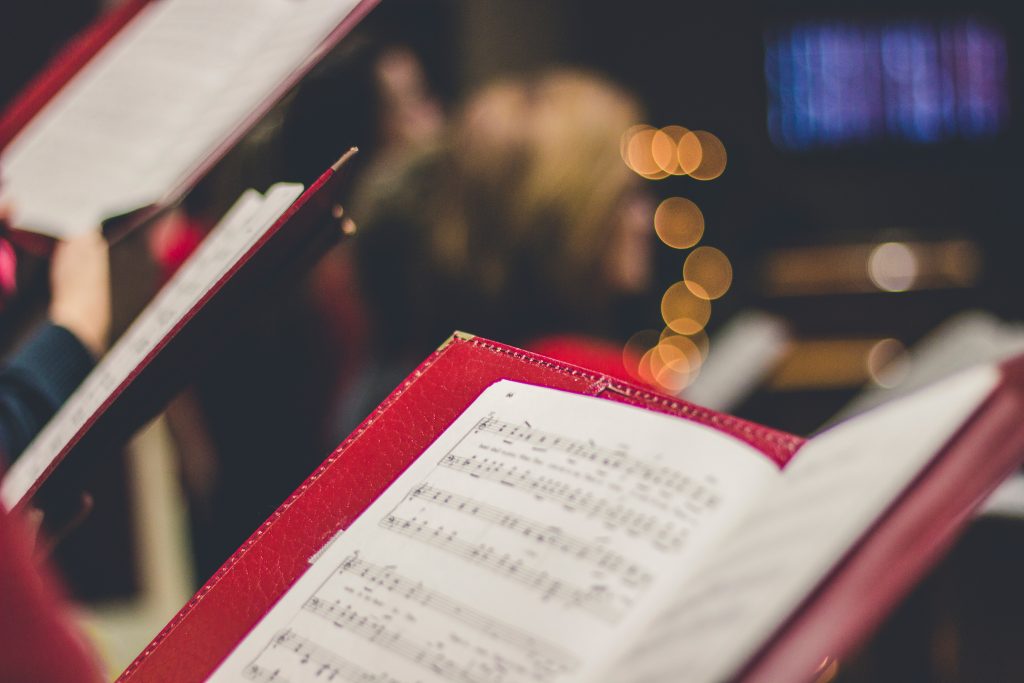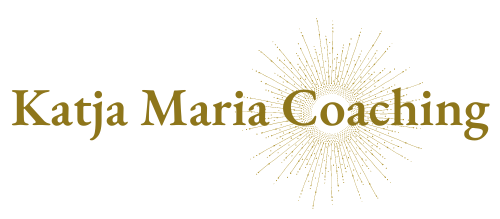There is something that connects singers, regardless of level, technical skills, musical genre, or method they study. It is the love for singing, the need of expressing themselves and connecting with others, through singing and music. That love got its beginnings somewhere. Do you remember how it all began?

My own first memories of singing are from my childhood. I did not grow up in a “musical family”, but my mother did sing while she was cooking, my grandmother used to sing for me, and both my parents did their share of singing in choirs. Singing and music played a vital part of the community I grew up in. Every day, we would sing at school, I sang in choirs and played many musical instruments. At the age of 13, I saw my first opera, an experience that felt magical and deeply touching. I felt it was something that I wanted to keep experiencing for the rest of my life. I wanted to be part of creating that experience, and tell stories that could touch other people’s souls like that opera had touched mine. And so I auditioned for the youth choir that sang in the opera production. And my singing path, that I had set foot on in my childhood, took another turn. What brought me to where I am today, and to the songs I nowadays sing, is another story – a path with many turns, some obstacles and bumps. But above all, it is a path with plenty of discoveries.

Every person who loves to sing has a different path. Along that path, we all encounter obstacles. It is especially when that happens, that it is so important to connect to the love for singing that put us on that path in the first place. During my journey on my singing path, I have many times reached to connect to that “Inner Singer”(1) that I discovered in my early teens. Sometimes I lost that connection, and had to find it back. The ways of connecting back have been various, from finding meaning in my artistic work, to expanding my comfort zones vocally and musically, or even through gaining more technical knowledge and understanding of my instrument. Another aspect that has proven helpful, is learning to let go of too many expectations. It has got something to do with accepting things the way they are now, and learning to love the process instead of being fixed on an end destination. Maintaining a balance between “work” and “joy” has been equally important. Thanks to all the bumps on my own path I have learned the importance of treating that “Inner Singer” with a lot of care.
Some obstacles are related to growth. In a singing lesson, many singers tend to mostly focus on what they want to change or still need to learn. Learning new things, changing habits, building new muscle memory, and expanding your comfort zone takes time, and it can sometimes be a quite frustrating process. While working on our craft, we need to not lose sight of the joy of singing. To quote an unknown singer: “I have learned that exercises aren’t enough. Souls need to sing beautiful songs.”(2)

Exercises are important for building our craft, though, and if you want to grow as a singer you will need to accept – and welcome – the obstacles that go paired with expanding your comfort zone. In the lessons it is not always possible to only focus on “singing for the joy of singing”. That is why I keep encouraging the singers I teach, regardless of their level, to also seek out other opportunities to sing and have fun with their voices.
For surprisingly many people, the singing lesson is the only environment in which they sing. Though the lesson can fulfill this function, it is in my opinion not desirable – or that function should at least be questioned. If a singing lesson is the only environment for singing, it means all aspects including growth and learning, joy for singing, expression and communication, and so on, have to take place in one single environment. This puts a lot of expectations on the situation, and you can also question whether it is desirable that the teacher-student relationship would be the only environment for musical communication.
You could perhaps think that connecting to the joy of singing is not important for people who are singing professionally. They are already doing what they love, right? Sadly, many professionals risk falling out of love with singing, because of the various external and internal challenges that come with making your living from singing. Those challenges often take a big toll on creative inspiration, and at some point, many professional singers find themselves feeling uninspired. Some even stop singing all together because they have lost the sense of meaning in their work. Others give up professional careers because of personal or family reasons, finding themselves having to adjust to a new framework for their “Inner Singer” to operate within. For if you are a singer, you will always remain a singer, even though you would not earn your living from singing.
 Finally, connecting to your own inspiration is extremely important if you are teaching singing. Without creative inspiration and a feeling of connection with their own “Inner Singer”, teachers run the risk of falling into habits and mindless repetition, starting to dislike their work, or in the worst case even become envious of their students’ progress. There are also plenty of stories of teachers, who have tried to satisfy their own need of communicating and performing within the framework of the lesson. Such situations lead to frustration not only in the teacher – who is clearly missing another output for their artistic expression – but also in the student, who payed for a lesson and not for a concert.
Finally, connecting to your own inspiration is extremely important if you are teaching singing. Without creative inspiration and a feeling of connection with their own “Inner Singer”, teachers run the risk of falling into habits and mindless repetition, starting to dislike their work, or in the worst case even become envious of their students’ progress. There are also plenty of stories of teachers, who have tried to satisfy their own need of communicating and performing within the framework of the lesson. Such situations lead to frustration not only in the teacher – who is clearly missing another output for their artistic expression – but also in the student, who payed for a lesson and not for a concert.
I will wrap up my thoughts by quoting the famous violinist Yehudi Menuhin: “I would hate to think I am not an amateur. An amateur is one who loves what he is doing. Very often, I’m afraid, the professional hates what he is doing. So I’d rather be an amateur.” (3) Did you know that “amateur” comes from the Latin word “amare” (to love)? Perhaps that “Inner Singer” in us is an eternal amateur. Connecting with that amateur over and over again, is a lifelong pursuit for all singers, no matter what path they are on.
©2013 Katja Maria Slotte
Originally published in Vocalisten.nl
1 Marilyn McCarthy uses the term “Inner singer” to describe the core identity, or the soul of the singer in Janice L. Chapman’s book “Singing and Teaching Singing: A Holistic Approach to Classical Voice” (Chapter 10: “The Teaching and Learning Partnership Part 2. The H-Factor”), 2012.
2 Originally quoted in “Singing and Teaching Singing: A Holistic Approach to Classical Voice” by Janice L. Chapman, 2012.
3 Yehudi Menuhin: Life Class (1986)
